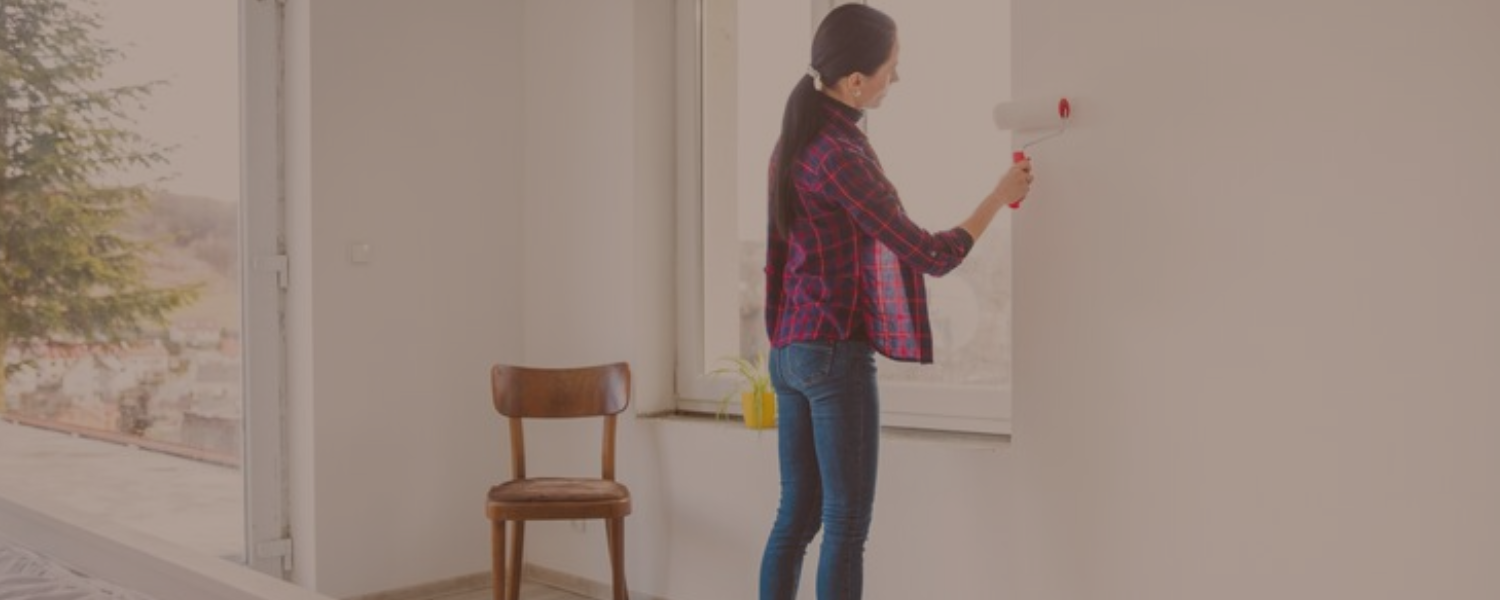Selling a home involves more than just listing it and waiting for buyers. While many sellers focus on the commission paid to real estate agents, there are numerous other costs to consider. Understanding these expenses can help you plan effectively and maximize your net proceeds. Here’s a comprehensive guide to the costs of selling your home beyond commissions.
Pre-Sale Preparation Costs
Preparing your home for sale is one of the first steps in the selling process. These costs can vary depending on the condition of your home and the extent of improvements needed.
- Repairs and Maintenance – Fixing minor issues like leaky faucets, squeaky doors, or cracked tiles is essential to make your home market-ready. Larger repairs, such as roof replacements or HVAC system updates, may also be necessary.
- Home Staging – Professional staging can enhance your home’s appeal, making it more attractive to buyers. Staging costs typically range from $1,000 to $3,000, depending on the size of the home and the extent of the staging.
- Cleaning Services – A deep clean can make a significant difference in how your home is perceived. Professional cleaning services may cost between $200 and $500.
Marketing and Advertising Costs
Although most real estate agents include marketing in their services, some sellers may choose additional advertising to boost visibility.
- Professional Photography and Videography – High-quality visuals are crucial for online listings. Hiring a professional photographer can cost $150 to $500, while video tours may add another $300 to $1,000.
- Online Advertising – Promoting your listing on platforms like social media or targeted online ads can range from $50 to several hundred dollars.
- Print Advertising – For luxury homes or niche markets, print ads in local magazines or newspapers may be beneficial, costing anywhere from $100 to $1,000.
Closing Costs
Sellers are often responsible for several closing costs, which can account for 1% to 3% of the home’s sale price.
- Title Insurance – Sellers usually cover the cost of the buyer’s title insurance, which protects the buyer against title disputes. This can range from $500 to $3,000, depending on the home’s value.
- Escrow Fees – These fees cover the costs of the escrow company managing the transaction and typically range from $500 to $2,000.
- Attorney Fees – In some states, sellers are required to hire a real estate attorney, which can cost $500 to $1,500.
Transfer Taxes and Recording Fees
Most states and municipalities impose transfer taxes when property ownership changes hands. These taxes are usually calculated as a percentage of the sale price, ranging from 0.1% to 2%.
- State and Local Taxes – Depending on your location, transfer taxes and recording fees can add up to several thousand dollars.
- Capital Gains Taxes – If you’ve owned your home for a short period or made significant profits from the sale, you may owe capital gains taxes. However, many homeowners qualify for exemptions if the property was their primary residence.
Home Warranty for Buyers
Offering a home warranty to buyers can make your property more appealing, as it provides coverage for appliances and systems for the first year after purchase. The cost of a home warranty typically ranges from $300 to $600.
Utilities and Carrying Costs
If your home remains on the market for several months, you’ll need to budget for ongoing expenses.
- Utilities – You’ll still be responsible for electricity, water, gas, and internet bills while the home is listed.
- Mortgage Payments – If you’re carrying a mortgage on the home, you’ll need to continue making payments until the sale is finalized.
- Homeowners Association (HOA) Fees – If your property is part of an HOA, ensure these fees are paid to avoid complications during closing.
Moving Costs
Moving out of your home comes with its own set of expenses. These costs can vary significantly depending on the distance and size of your move.
- Professional Movers – Hiring a moving company can cost $500 to $2,000 for local moves and $2,000 to $5,000 or more for long-distance moves.
- Packing Supplies – Boxes, tape, and other packing materials can add up to $100 to $300.
- Storage Fees – If you need to store your belongings temporarily, budget for storage unit rentals, which may range from $50 to $200 per month.
Potential Costs from Contingencies
Buyers often include contingencies in their offers, which may result in additional expenses for sellers.
- Repairs After Inspection – If the home inspection reveals issues, you may need to make repairs or offer credits to the buyer.
- Appraisal Shortfalls – If the home appraises for less than the agreed sale price, you may need to lower the price or negotiate with the buyer.
Unforeseen Costs
Unplanned expenses can arise during the selling process. These might include:
- Penalties for Early Mortgage Payoff – Some lenders charge penalties for paying off a mortgage early. Review your loan terms to understand these costs.
- Last-Minute Repairs – Unexpected issues discovered during final walkthroughs or inspections can lead to emergency repairs.
- Tax Proration – You may need to pay property taxes up to the closing date, depending on your local tax schedule.
Conclusion
Selling your home involves a range of costs beyond agent commissions. From pre-sale preparations and marketing expenses to closing costs and potential contingencies, understanding these expenses can help you plan and budget effectively. By accounting for these factors, you can minimize surprises and maximize your net proceeds, making the home-selling process as smooth and successful as possible.





